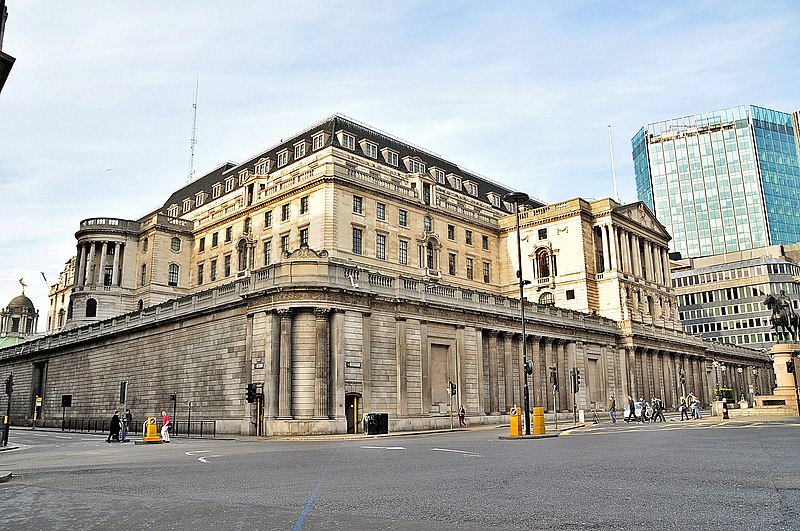
Bank of England (BoE) Governor Andrew Bailey stated in an interview on Monday that inflation is slowing, and an anticipated rise in price growth later this year is unlikely to cause long-term
inflationary pressures in the economy.
Speaking to regional business news outlet BusinessLive during a visit to South Wales, Bailey attributed part of the expected inflation increase to regulated price hikes, including those for domestic energy and water. However, he noted that the sluggish state of the economy would likely help counter inflationary pressures.
"The context does not really support the view that inflation persistence will increase, so we looked through that," Bailey said. He added that recent data showing 0.1% economic growth in the fourth quarter had not altered the broader outlook.
Earlier this month, the BoE reduced its benchmark interest rate from 4.75% to 4.5% and slashed its 2025 economic growth forecast to 0.75%. However, the central bank also predicted inflation would rise to 3.7% later this year—nearly double its 2% target. This outlook led policymakers to emphasize the need for a "careful" approach to future interest rate reductions.
"We still see gradual disinflation occurring. The effects of what happened two or three years ago are fading, but it's a slow process," Bailey explained. "And the term careful was used because, for me, the risks go both ways."
Bailey also reiterated that U.S. trade tariffs could either increase or decrease inflation in Britain, depending on their impact on the global economy.
Banking Regulations and the U.S. Factor
Bailey expressed optimism over Federal Reserve Chair Jerome Powell’s remarks that the U.S. is expected to implement Basel 3.1 rules on bank capital.
The BoE recently delayed the implementation of these rules in Britain by one year, pushing them to January 2027. The move was made to ensure greater clarity on the United States’ approach, particularly under Donald Trump’s presidency. Photo by Eluveitie, Wikimedia commons.


































